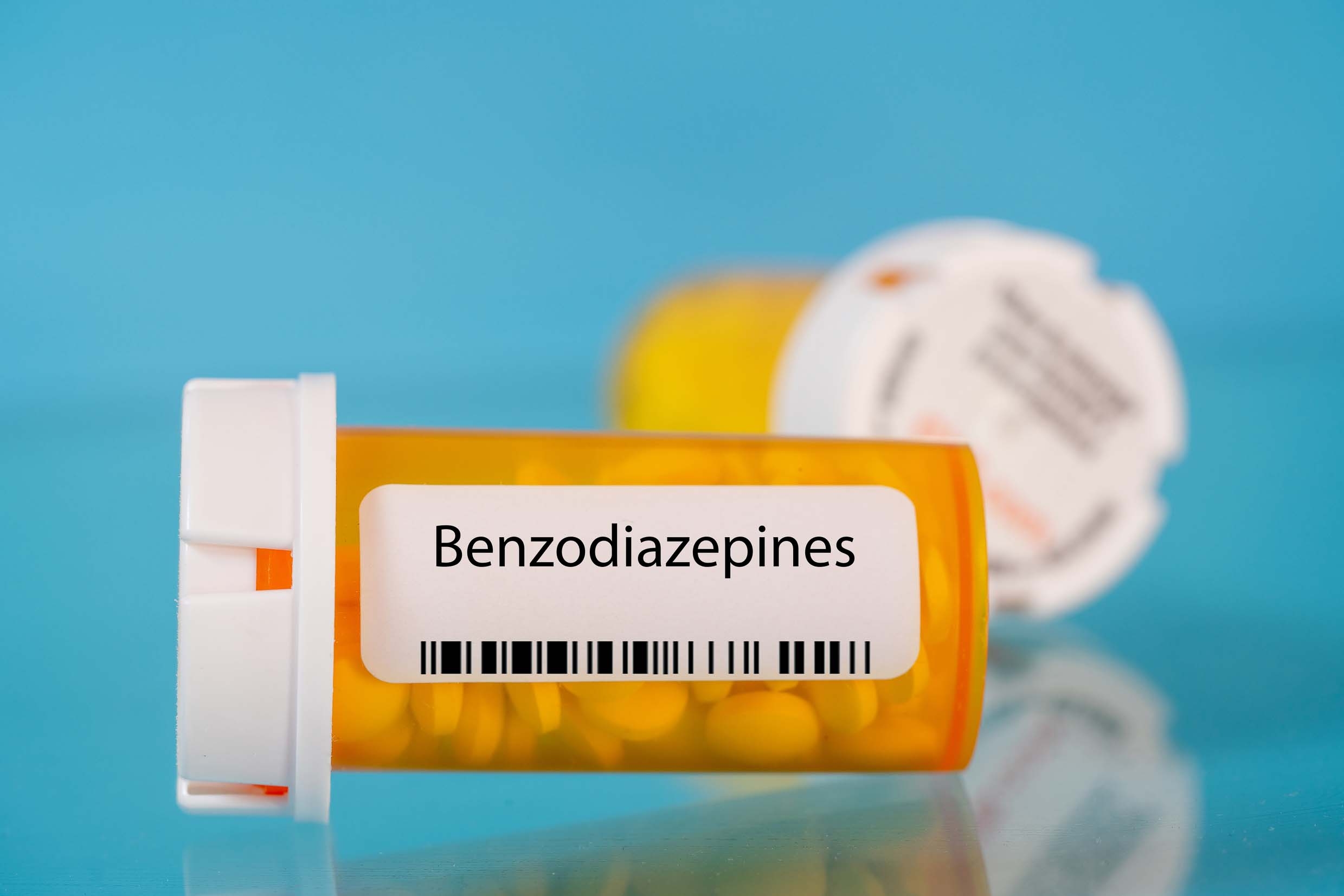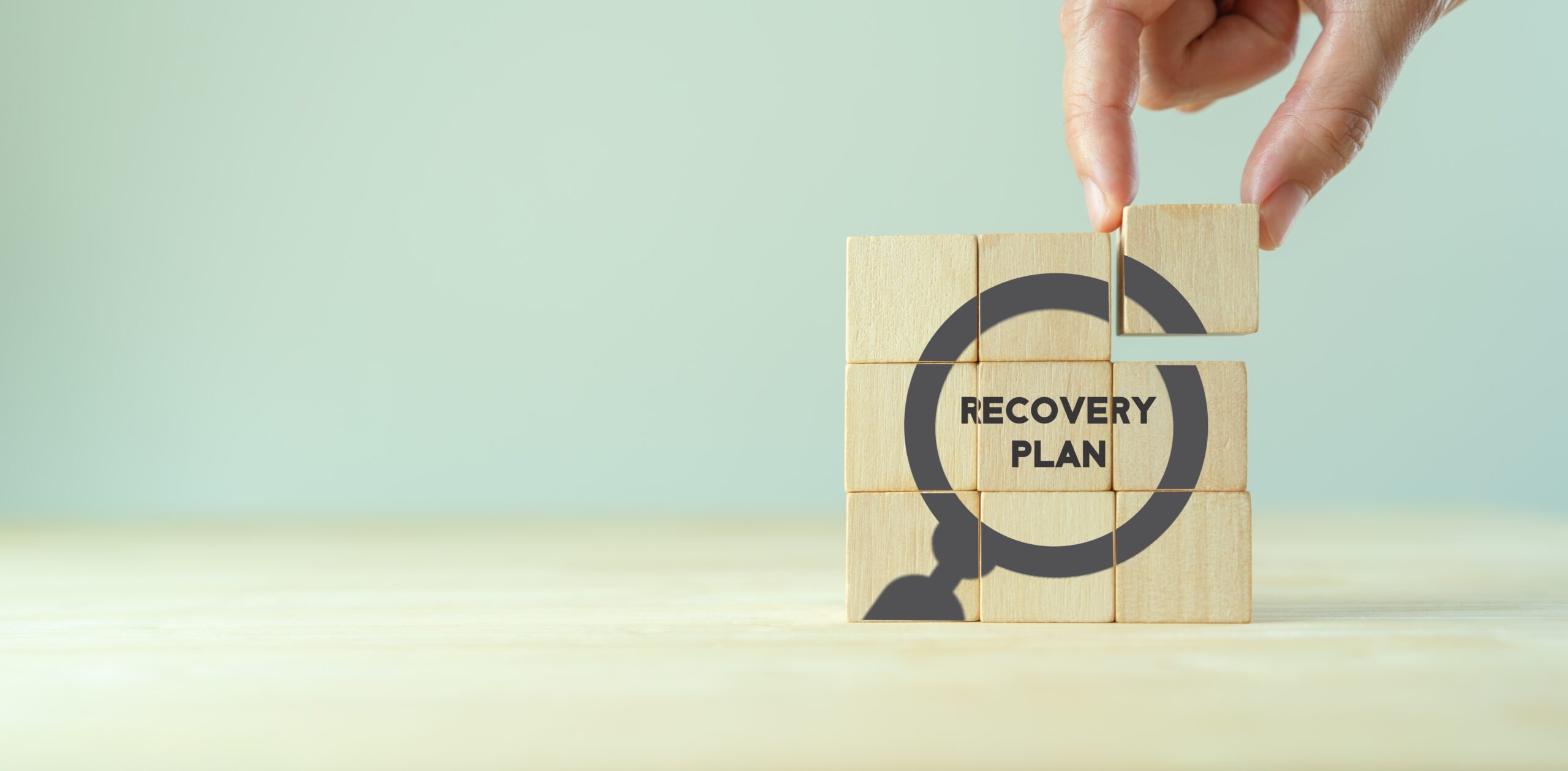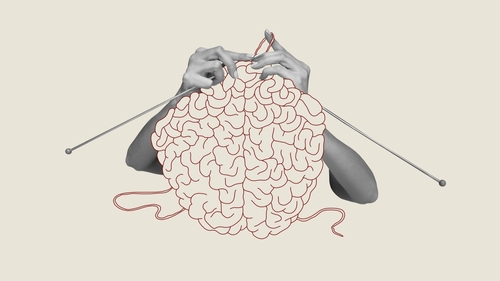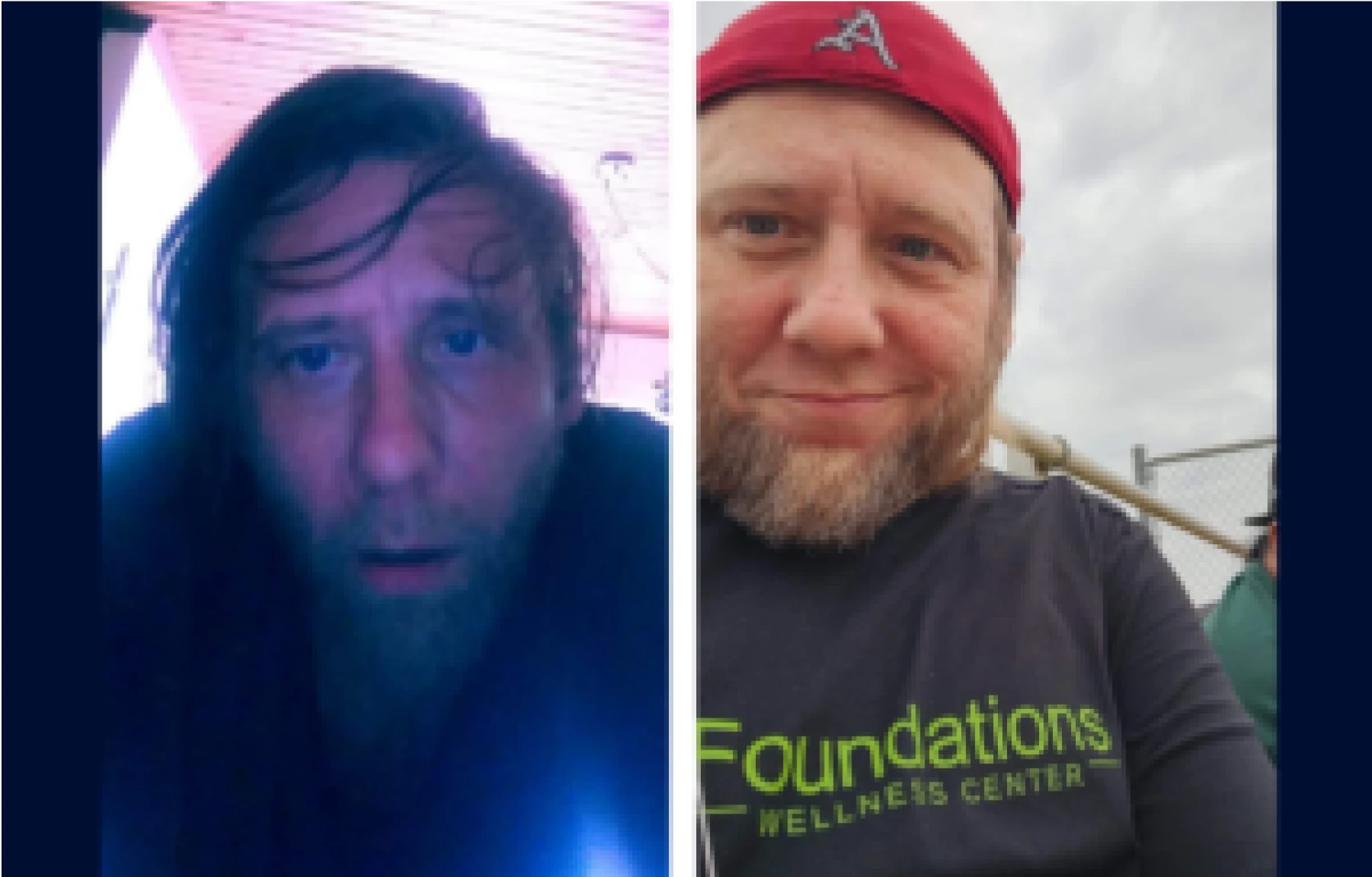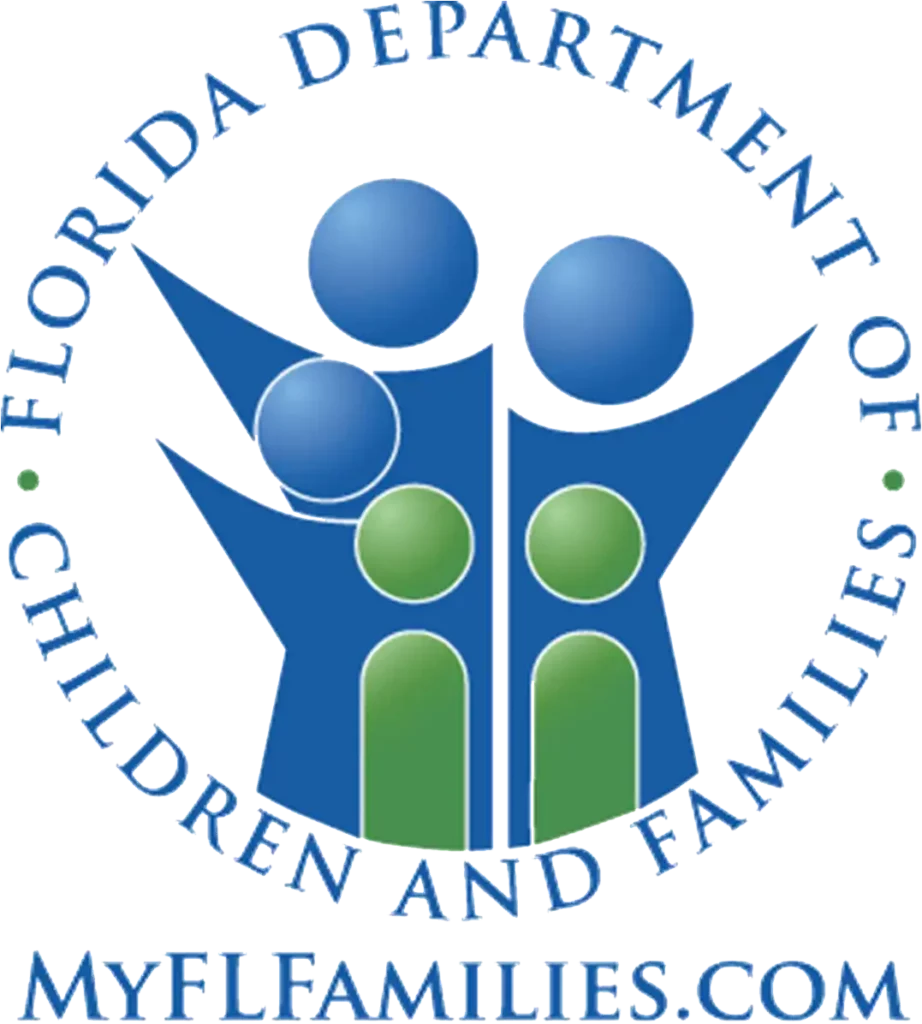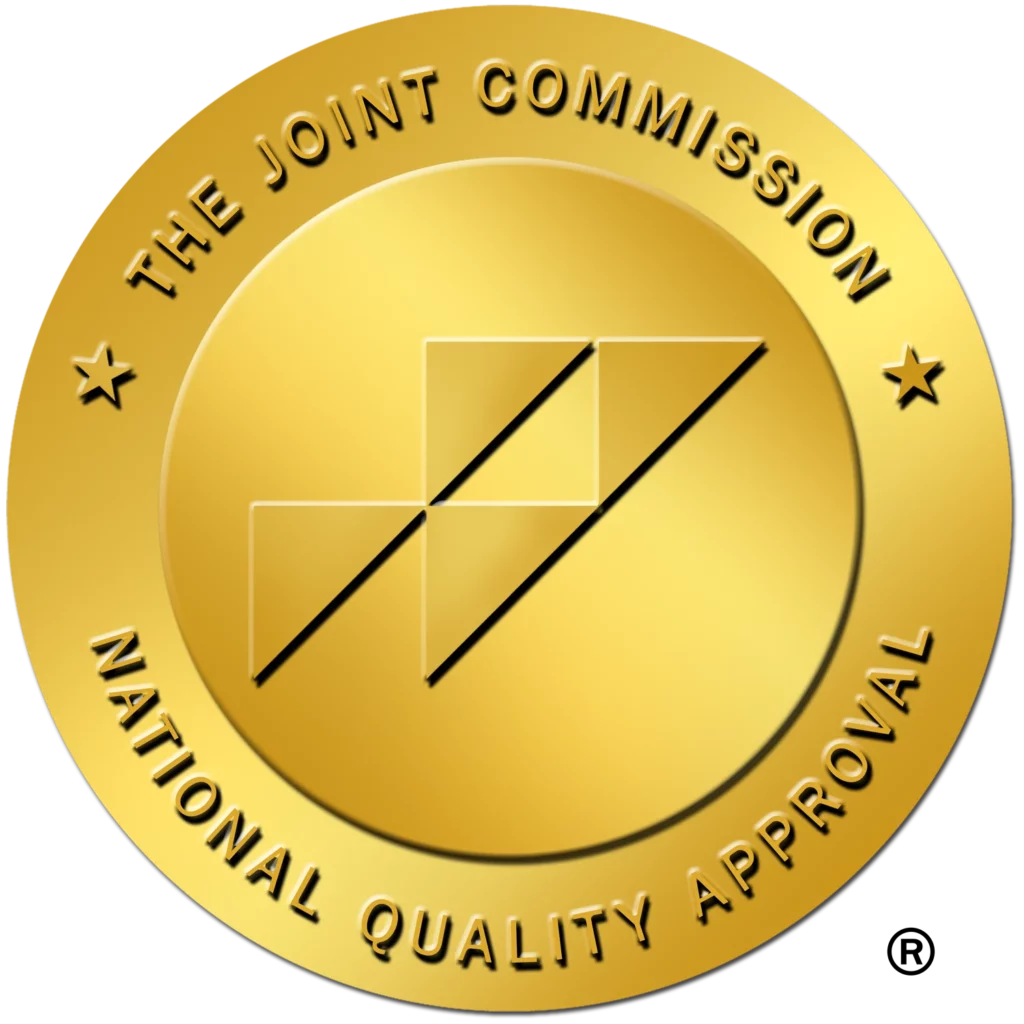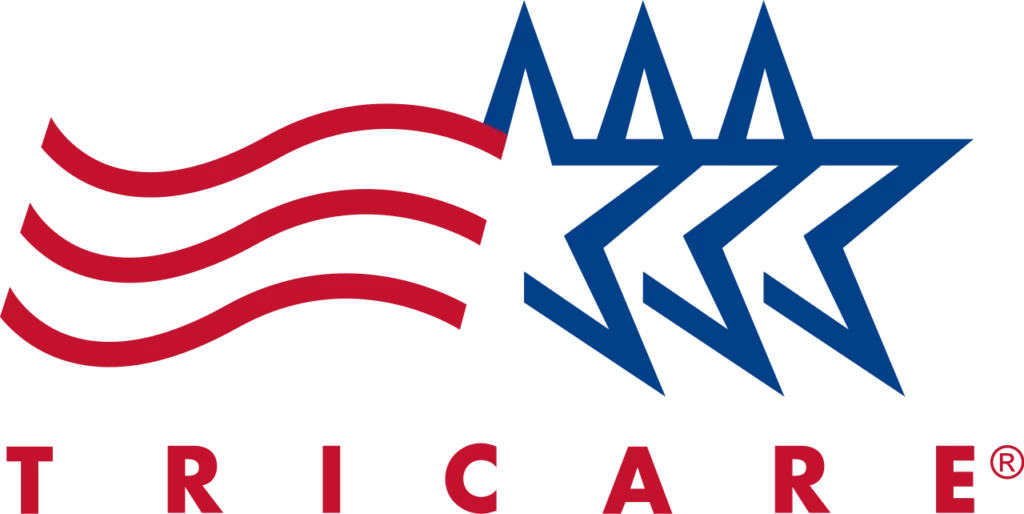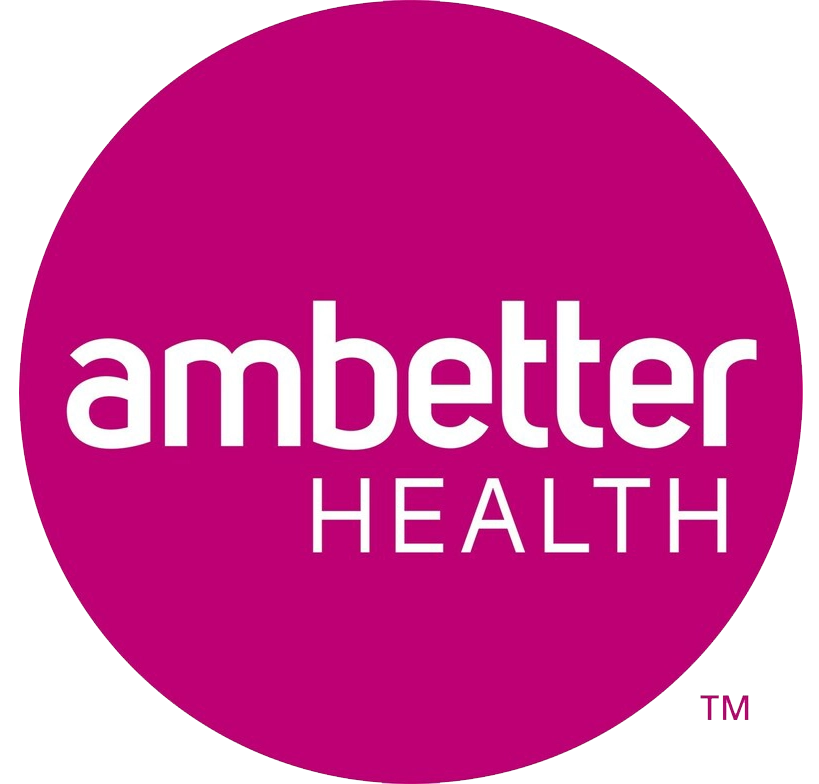Why Do We Struggle With Substance Abuse?
This entry was posted in Addiction News, Addiction Recovery, Alcohol Abuse, Alcohol Rehab, Drug Abuse, Drug Rehab, Mental Health and tagged what causes substance abuse, why do we struggle with substance abuse on April 01, 2022 by Justin Baksh, MS, LMHC, MCAP, Chief Clinical Officer.
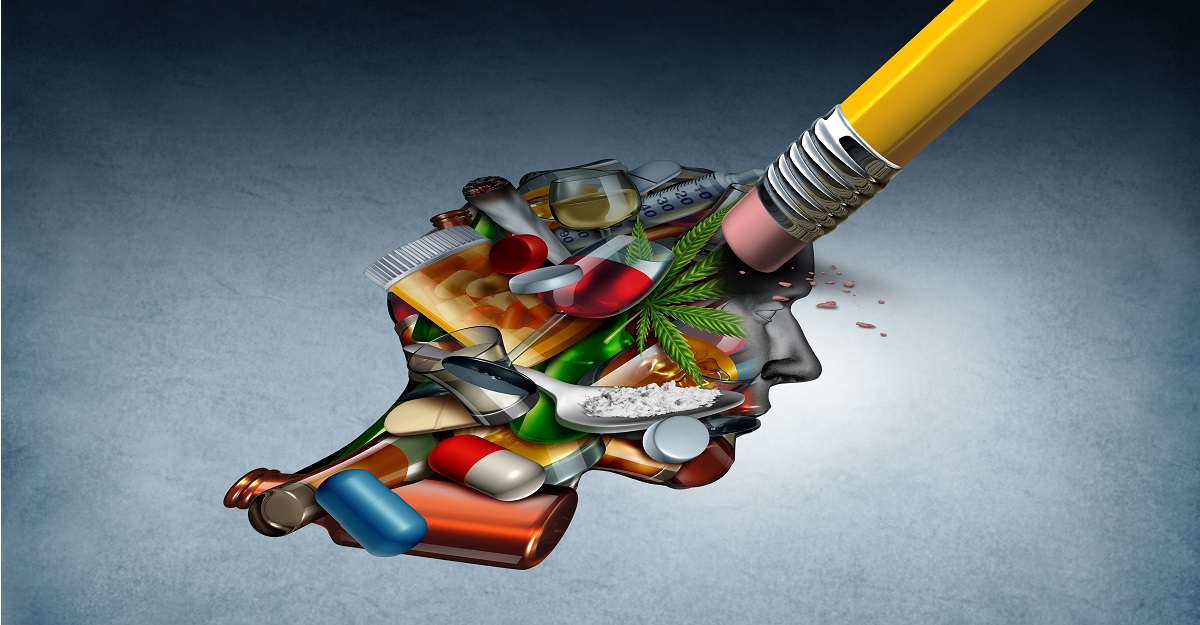
Substance abuse is drug or alcohol use that cannot be stopped or controlled, despite serious consequences in more than one area of life. But what causes it? Mental disorders, physical health issues, a genetic disposition, and the need for stress relief can lead to addiction.
What Is Substance Abuse?

Substance abuse is one of the most common problems facing Americans today. Every year, hundreds of thousands of people join treatment programs in hopes of regaining control of their lives. Substances they struggle with can include a variety of things such as alcohol, drugs like cocaine, heroin, opioids, and even inhalants such as whippets.
Substance abuse, or the misuse of any substance, can be notoriously difficult to identify. In the case of drug addiction, people typically hide their use. Alcohol addiction, or alcoholism, on the other hand, can hide in plain sight.
It is both legal and socially acceptable to drink alcohol. That’s why alcohol substance use disorder can take place in front of friends and go unnoticed for years. Imagine how many times people at a restaurant with friends order a couple of drinks and, because they were having a good time, ended up having more and more? One of those drinking companions could very well have a problem with alcohol substance use disorder.
In fact, people sometimes forget that you can struggle with substance abuse problems even with legal substances such as alcohol, marijuana (depending on the state you live in) and prescription painkillers.
Prescription Drugs Can Lead to Substance Use Disorder
The opioid crisis proved it is possible that prescription drugs can lead to drug abuse problems. The user’s experience of relief can be so profound that they chase that feeling whether it is euphoria, enhanced focus, better sleep or a sense of calm.
Dependency on prescription drugs is a common occurrence among those who are in substance abuse treatment programs.

Imagine that you have a prescription for a painkiller because you have back pain. Your doctor has given you strong prescription drugs, but you are only allowed to take three a day. You may notice that you want to take them sooner rather than later and, pretty soon, you are trying to take one or two more each day. This can create a panic for the user, motivating them to try to find something new, opening the door to illicit drug use. This challenge is the reason why certain prescription drugs – in particular, opioid medications – have strict limits.
The truth is that many struggle with alcohol and drug abuse. These issues are often hard to detect and they can be equally difficult to address.
What Are Examples Of Substance Abuse?
Substance use disorder is classified by the type of substance used. For example, there is alcohol use disorder, opioid use disorder, cocaine use disorder, and more. Before you can start battling alcohol or drug addiction, you must first understand the substance you are up against.
This is why many treatment centers start with a thorough evaluation. Along with demographic, psychiatric and medical history, it’s important to know all substances used as well as their duration and frequency. Why? Because it helps to prepare for the withdrawal symptoms to be expected.
Getting past something like Adderall will be a wholly different experience than detoxing from cocaine, which, in turn, is different from withdrawing from opioids. It’s not just about comfort, either. Alcohol and benzodiazepine withdrawals can be especially dangerous and need to be conducted under medical supervision.
Types of Substances Abused
- Illegal drugs – The most commonly discussed style of drug abuse is the use of illegal drugs. This includes narcotics like cocaine, heroin, meth, ecstasy, and more. While these can be harder to get, once a source is found, there can be an unlimited supply… without the checks and balances of prescribed drugs. Also, because street drugs are unregulated, you don’t know what you are getting. Many substances – even marijuana – have tested positive for fentanyl in lab tests. You could be hooked on it without ever knowing it, making the need for a detox in a medical setting vital.
- Over-the-counter drugs – Over-the-counter substances may not require doctor approval, but many can still create a dependency. The most common examples include medications for physical discomfort, digestive issues, allergies used off-label for anxiety, and headaches. The fact is that many of us use these substances without even realizing it. They can include energy drinks, coffee, medications designed to help you sleep, mild painkillers, and more. Over time and with continued use, the body is eventually unable to get the same relief from the old dose. This drives the user to look for stronger options and to a possible addiction as well.
- Alcohol – Again, one of the reasons people struggle with alcohol abuse is because it is something society generally accepts, both in social settings and in solitude. How many television shows and movies glorify people getting drunk at parties or while they are alone? Alcohol can play a key part in numerous comedies and dramas, which makes them part of our culture. Unfortunately, its wide acceptance can allow addiction to take hold, as we may not think of alcohol as a potential problem, and neither do our friends. When it comes to withdrawing from alcohol, delirium tremens can occur. This is a serious symptom and, in some cases, can even be fatal. Medical detox is a must.
- Prescription Medication – The opioid epidemic has been at the forefront of discussions about addiction because it affected millions of Americans. It is also the reason many states have strict limits on opioid prescriptions now. Recently, during the pandemic, levels of anxiety and depression skyrocketed and medications were prescribed to help battle these disorders. As we have all learned, however, the potential for abuse and dependency is still present with prescription medications. Some may jack up the dose of these drugs and others may even abandon prescription medications for greater relief from illicit substances. Certain psychotropic medications (including benzodiazepines) are controlled for this very reason. Anyone looking to taper off or withdraw from a long-term prescription medication should do so only under medical supervision.
What Is The Difference Between Drug Abuse And Substance Abuse?
Substance abuse refers to misusing any substance, including drugs or alcohol. Drug abuse specifically refers to misuse of drugs, whether they are prescription, over-the-counter, behind-the-counter, or illicit.
We know that substance abuse problems tend to go hand-in-hand with addiction. People can become too reliant on a substance that will help them find relief and their brain can be hijacked in a way that makes it hard to overcome it.
RELATED: How drugs affect the brain
What Causes Substance Abuse?
There are a variety of reasons substance abuse develops, but it boils down to this:
Addiction begins when internal factors meet opportunity.
There has to be exposure before addiction can take hold. We’ve already discussed how society accepts drinking in many settings. This provides a wide open path for those who are prone to alcohol abuse. While drug use is not as socially accepted, people are becoming more aware of and understanding about it. The struggle can start with trying to find relief and improvement in life with a simple, over-the-counter drug or prescription medication. It can also begin with exposure through peers.

Whether it is a physical ailment like back pain, knee pain or something else, or mental health problems like anxiety or depression, medications and illegal drugs mask the symptoms. We may begin with the recommended or small dosages and the relief is well appreciated. When the drink or the drug wears off, however, the same issues resurface, driving us to drink and use again.
Eventually, we begin to totally depend on the relief. Using or drinking allows us to regain the ability to function in our lives. We appreciate the fact that we can somewhat enjoy ourselves like we used to…. or like we never did before. Because this was brought on by the medication, we begin to make it part of our daily routine.
The next step is the key. It’s one of the main reasons moderate use turns into alcohol or drug abuse and even addiction:We begin to feel less relief – either at at the height of potency or because it doesn’t last as long.
This is a real effect of tolerance, which our mind reinforces with the belief that we need to take either more of the substance or something stronger. It’s at this point that we start taking more aggressive actions to get more or stronger options, including shopping for new doctors, trying illegal drugs, and more.
RELATED: Is addiction a disease?
It’s important to understand that not everyone who is exposed to alcohol or a drug becomes addicted to it. That’s where those internal factors – from genetics to mental health – come into play.
Interestingly, there is evidence also that a person’s substance of choice points to the underlying condition that may have spawned the addiction. For example, there is a well-known connection between post-traumatic stress disorder and alcoholism in veterans.
Studies have also shown that different personality types tend to gravitate two different substances as well. For example, one study found that heroin users were less extroverted, more impulsive, and more neurotic than the general population, Neuroticism was highly prevalent for cocaine users as well. Marijuana users, on the other hand, scored highly on openness to new experiences as well as hostility, anger and vulnerability but had average levels of neuroticism.
RELATED: Do you have an addictive personality? Take the quiz
Understanding Addiction
Addiction is not the same as overuse. As stated previously, addiction is being unable to control or stop your use of a substance despite significant and negative consequences in more than one area of your life.
Overuse vs. Addiction
The unfortunate truth is that you can have overuse situations with people who do not have addiction problems. They may go overboard on a binge basis and even suffer extreme symptoms because of it. A very bad hangover, or even alcohol poisoning, immediately after overindulgence may or may not fit the definition of addiction. More information is needed to make that diagnosis.
If you are only going overboard once in a while, if you are able to stop, and if it is not causing serious consequence in your life, your challenge could be moderation, not addiction. You need to understand the physical damage these binders can do to your mental and physical health, especially if you are exceeding healthy limits. You can always try to address this with moderation first. However, be aware that one of the hallmarks of addiction is that moderation is no longer an option.
What Addiction Looks & Feels Like
Addiction can look completely different than a binge. Those caught in the trap of addiction want to quit, their family and friends are begging them to quit, but they are met with a battle that is harder to win than they thought. They have serious dysfunction and chaos at work, at home, and in their relationships. They may even be facing legal consequences.
Meanwhile, their brains and bodies physically demand the substance. It is similar to refusing to eat when your body is telling you that you are hungry. Eventually, you have to eat or the effects will get worse. Your body sounds those same alarm bells with withdrawal symptoms from your substance of choice. And, typically, this is when people give up and go back to taking what they have become dependent on.

How Addiction Takes Over in Substance Use Disorders
Substance use disorders don’t start with the first drink or drug. However, we can say with some certainty that addiction has taken over when the person finds it nearly impossible to stop their alcohol and drug abuse. The reason, again, is simple: You feel an urgent need for whatever you are using and health issues can escalate without it.
Sometimes, the battle of mindset and willpower can be lost before it even begins. If you are relying on medications for treating physical pain, the fear of experiencing that pain can be a driving factor. Instead of trying to slow down your dependency on medications, you amp up your usage at the first hint of any increased discomfort.
This is the reason people who are currently on medications for pain management are dealing with more challenges when it comes to addiction treatment: Their treatment relies on their ability to either eliminate the discomfort or find a new way of managing it.
It’s not easy to tell someone who is experiencing back pain that they are developing addictive tendencies to the medications they are taking to alleviate their pain. They will experience withdrawals and discomfort as well. That’s why they require help in finding healthy and safe alternatives as well as the willpower to avoid relapses.
Why Can’t We Do This Alone?

While there are things you can and need to do on your own, the fact is that substance abuse often requires outside help. Why? Because it’s hard to identify why you are battling these challenges in the first place.
For example, let’s say you are getting over an alcohol addiction that started because you were depressed. You usually drank after a rough day of work or on the weekends when you were alone. The problem continued to worsen to the point where you started drinking during the day… every day. This is where the problem of moderation and dependency became an issue of addiction.
The next challenge you can encounter is your dependency on having a quick escape. The substance offers immediate resolution and relief, so you turn to it again.
For example, if you are able to stop drinking on your own, you can be susceptible to relapse because you may not know how to safely handle some of the other obstacles that come into play throughout life. You are in the habit of drinking them away.
While you were originally using alcohol to help with depression, the problem became more impactful when you used it to address problems you are having with your spouse. One day, you find yourself arguing with them about financial concerns or time management, and the resulting stress led you right back to the bottle. That’s where you start to compound the reasoning and drink more often.
This is also where a single mistake can become a full-blown relapse into your old patterns. A setback at work, a problem with a friend, an unexpected injury or financial issue can all trigger a relapse. Because you are battling this alone, you are unable to see these tendencies and patterns and cope with them effectively. Outside help is needed to give you the resources to defend your sobriety.
How Do Addiction Treatment Facilities Help?
The best way to combat addiction is to look for a qualified treatment facility. There, you will obtain an understanding of the psychological challenges you are facing, as well as how the outside world can impact your decision-making. You will learn how to recognize and combat your tendencies while receiving help to get through any withdrawals (acute and post-acute) you may experience as well. The concept is to simply remove yourself from any distractions and allow yourself to focus on you, developing the most healthy and safe ways to improve your life.
By eliminating some of the main reasons we indulge in these medications, we can start understanding why we have these dependencies and how to address them. For example, someone taking cocaine to help them stay active during the night may find themselves relying on this substance time and time again, whether it is to perform better at work or have more fun on a night out. They slip into addiction where their body must have it in order not to feel sluggish and strung out.
Two people can use a substance, one becomes addicted and the other not. Whether it is past trauma, a mental health condition or a genetic tendency, something caused the addiction to take hold. It must be dealt with to prevent relapse.
Going back to the cocaine example, if someone manages to somehow quit on their own, they likely have not addressed those core issues that led them to be addicted in the first place. Therefore, they tend to return to old habits.
Addiction treatment facilities work with you to uncover your core reasons for using. They can also show you how to tackle substance abuse, giving you the tools to help avoid relapse.

How To Prevent Relapses?
One of the most common questions people ask about relapse is how to avoid it. Relapse tends to occur in response to life’s difficulties.
For example, you have stayed away from taking illegal drugs for years, but now you are confronting a new problem – discomfort caused by wear and tear on your body from work. You go to see a doctor who recommends you first try changing your diet, getting more sleep, switching your shoes, and wearing supportive gear to protect your body.
While these options may present some relief, they may not be the answer. You may still feel pain. Your challenge now becomes finding a way to manage the discomfort without relying medication that could lead you to relapse.
This is where a solution like physical therapy or yoga can come into play. When you feel the discomfort, you are simply looking for relief. If the relief comes from doing yoga, then that’s something you can do instead of taking any pain relievers. It gives you an alternative solution that allows you to avoid making a poor decision.
Relapses can also occur when someone is faced with a challenge that influences their decision-making. If you have been sober for months and your previous reason for drinking was back pain, you may be tempted to start drinking again when a stressful work situation pops up. It’s a different reason this time, which is one way the mind can trick you into making the decision without realizing you are giving into addiction.
Tips on Preventing Relapse
There are several alternatives that people have had success with in trying to avoid a substance abuse relapse. Some of them include:
- Exercise – Most addiction treatment centers are big on physical therapy and exercise. A good workout releases chemicals that boost to your state of mind. It can also minimize the need for medications and alleviate pain and discomfort. The best part about exercising is that it is an option throughout the day and can be done in a variety of ways. The key is to find an exercise that interests you. If it feels like a chore, you will not want to do it. Shooting a basketball and swimming are great examples.
- Calming hobbies – Another great option is to occupy your mind with hobbies that interest you. This can include starting a collection, learning to speak another language, cooking, working on your home, or volunteering with local non-profit organizations.
- Music – One of the best escapes we have from our emotional struggles is music. Whether you are playing or listening, music has a way of carrying us away from our current state of mind and introducing us to a new mindset. It can be relaxing, motivational or a variety of other emotional experiences, but music can transport us there in a matter of seconds.
- Outdoor activities – Escaping to nature is a great way to also escape substance abuse. Most addiction treatment centers believe in the healing power of nature and encourage outdoor activities. This can include dozens of things, from fishing or hiking to exploring local parks or simply sitting outdoors reading a book.
- Socializing – Interacting with other people can serve as a substance abuse deterrent – as long as it is with people who are not abusing substances themselves. Friends, family, co-workers… they can all help fill up your time and make you feel less alone. If you are struggling with the substance abuse and mental health challenges that are putting your sobriety at risk, then it’s important to share the experience with your friends who can offer encouragement. They can also provide you with a healthy distraction, even when you aren’t facing imminent relapse. We are social beings.
- Going to meetings – Meetings not only give you an outlet to socialize, but to socialize with people who understand your battles with substance abuse. Sometimes it’s difficult for your friends and family to appreciate the daily struggles you face, and they may not give you the right kind of support you need to stay sober and clean. These groups are well experienced in the challenges you are facing and can offer a real and ready lifeline.
- Reading and puzzles – If you are facing seclusion and that is impacting your ability to stay sober, you may want to consider distracting yourself. Turn off the television, get away from social media and immerse yourself in a book or puzzle. These options will help provide a simple distraction for your mind and create a calming presence.
- Working – Focusing on work is a great way to handle substance abuse, especially if you are trying to stay distracted. Work requires a great deal of our attention and can also be physically and mentally exhausting, wearing you out so that you are less motivated to jump into old habits.
There are reasons why millions of people struggle with substance abuse and addiction every year. The fact is that this problem has grown increasingly more difficult because of the coronavirus pandemic as well as the availability of drugs and alcohol. If you are struggling with finding a healthy solution to your substance abuse problems, contact a reputable addiction treatment center today.

